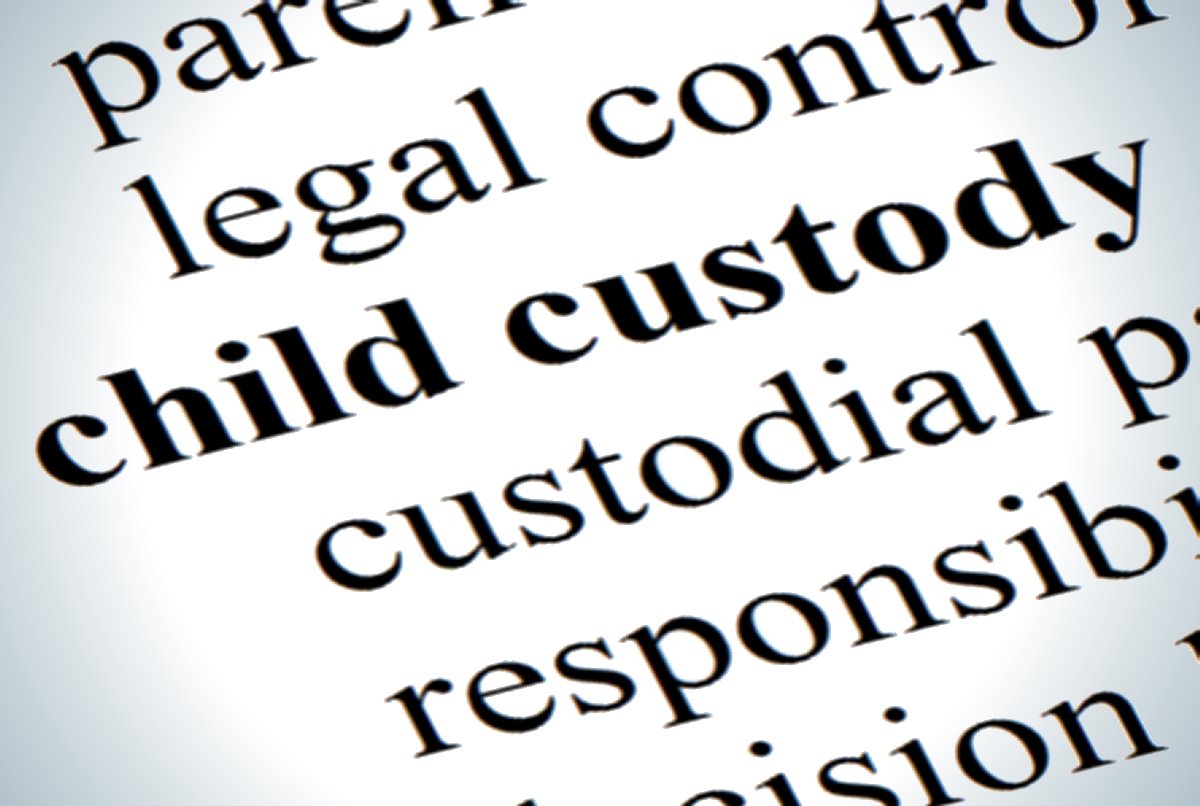Age Health and Physical Condition of parents (mental and or physical)
Substance Abuse Generally courts do not like to place children in the custody of parent with any substance abuse issue.
Domestic Violence is one of the major factors in deciding the best interest of the child. Evidence that one parent abused, neglected or abandoned the child will affect custody, with the parent who committed such acts against the child being less likely to receive custody. Also, evidence that one parent has significantly interfered with the visitation rights of the other parent may cause that parent to lose custody.
Criminality Parent with a criminal past or a current criminal matter that’s pending is highly unlikely to be considered by the court as a best interest of the child.
New Companion of Parent new girl friend, boy friend, or companion, either parent has a new companion and companion’s character will play a huge role in determining the best interest of the child. Courts want to insure that the child will not be placed in any harms way by the new companion in the parent’s life.
Parent’s Financial Capabilities financial stability is a key factor however courts can evaluate the financial factor in many ways. Have a great job or not having a job alone usually doesn’t determine financial capabilities to be a parent that can provide the best interest of the child.
Child Care in many cases both parents have to work, and priority may be given to the parent who has better child care measures. For example, if one parent has considerably better child care arrangements than other, this factor may affect a custody arrangement.
Access to Education A parent who can provide better access and opportunities for education is likely to be considered in the best interest of the child.
Child’s Preference, If the child is over the age of 12, the judge will consider the child’s preference in deciding the custody. The reasonable preference of the child, if the court deems the child to be of reasonable intelligence, understanding, age, and experience to express such a preference.
Keeping Sibling’s Together The needs of the child, giving due consideration to other important relationships of the child, including but not limited to keeping siblings together, peers, and extended family members.
Child’s Relationship With A Parent The relationship existing between each parent and each child, giving due consideration to the positive involvement with the child’s life and the ability to accurately assess and meet the emotional, intellectual and physical needs of the child play a role in deciding custody. The role that each parent has played and will play in the future in the upbringing and care of the child.





